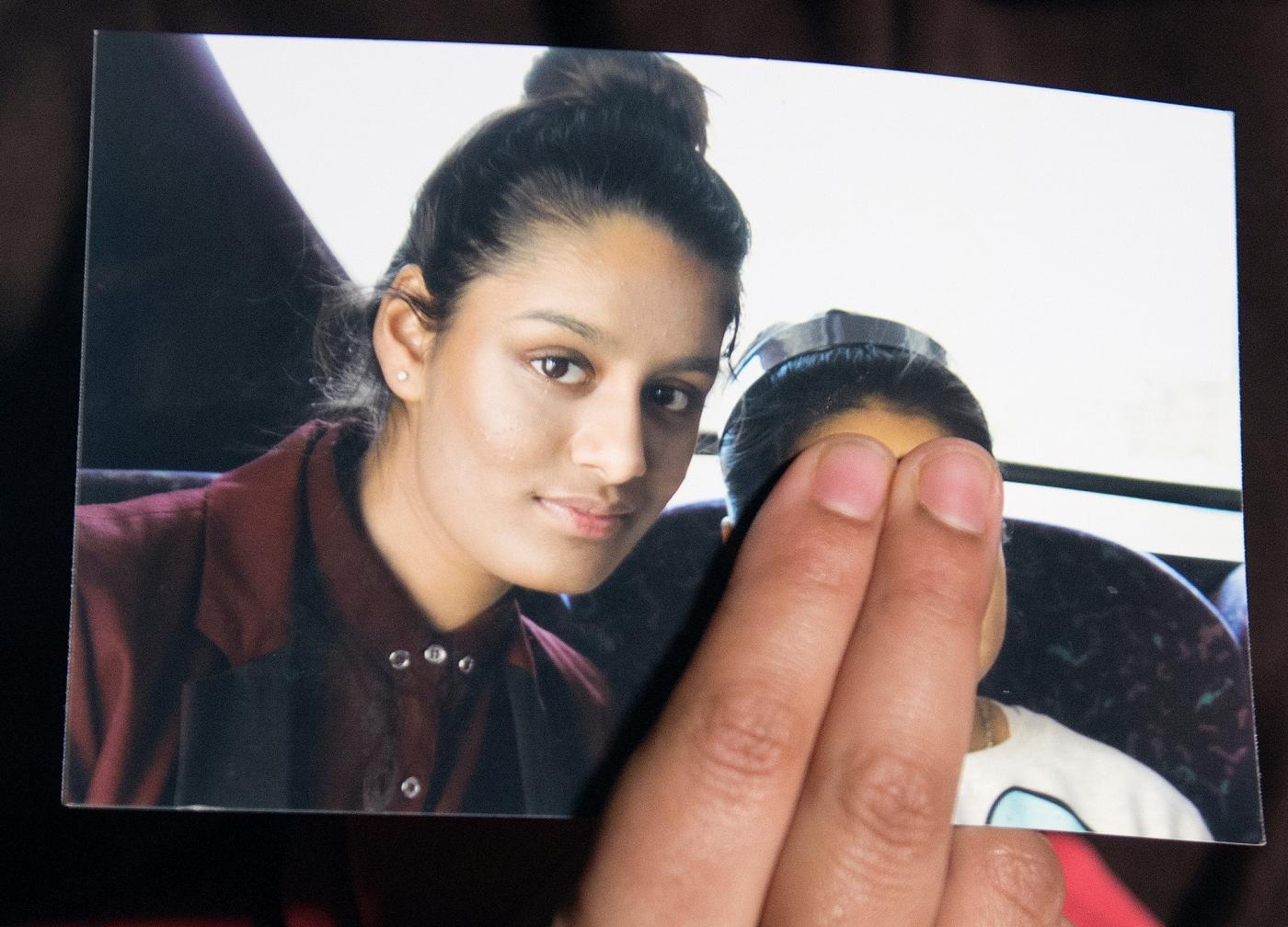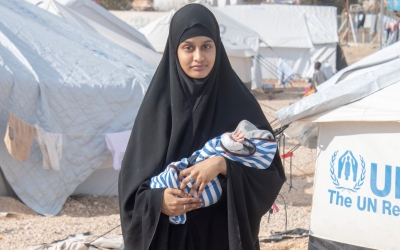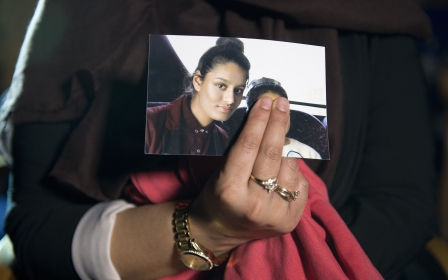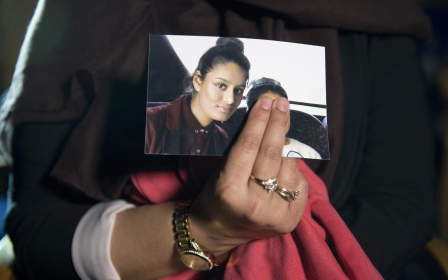Shamima Begum could be 'hanged' if she goes to Bangladesh, says minister

Bangladesh's foreign minister has said that Shamima Begum, a British teenager who left the UK to join the Islamic State group (IS) in 2015, could be hanged for terrorism charges if she lands in Bangladesh.
The comments come as a diplomatic row continues to unfold between the British government and Bangladeshi authorities over the status of Begum's citizenship.
'If anyone is found to be involved in terrorism, we have a simple rule, that is capital punishment, nothing else'
- Bangladeshi Foreign Minister Abdul Momen
Speaking to ITV News on Thursday, Bangladeshi Foreign Minister Abdul Momen said that Begum was not Bangladesh's problem.
"She is not a Bangladeshi citizen and has never applied for Bangladeshi citizenship. She was born in England and her mother is British," said Momen.
"If anyone is found to be involved in terrorism, we have a simple rule [in Bangladesh], that is capital punishment, nothing else... She would be put in prison and immediately, the rule is she should be hanged."
Bangladesh is one of 29 countries which still imposes the death penalty, drawing criticism from Amnesty International for failing to meet international fair trial standards.
Earlier this year, British Home Secretary Sajid Javid made the unprecedented decision to strip Begum of her British citizenship.
Officials in Dhaka reportedly learned of Javid's decision through media reports and confirmed at the time that Begum was not a Bangladeshi citizen.
Her case has led to serious criticism of the UK government, which has been accused of rendering Begum stateless and abandoning her and her young child, who died just three weeks after being born.
Under British and international law, it is illegal to make an individual stateless. Britain, however, can make its citizens stateless if they have dual nationality.
Critics of the move claim that Javid made the decision to revoke Begum's citizenship because she would be eligible for Bangladeshi citizenship because of her parents' heritage.
Two independent legal challenges have been launched in response to Javid's decision to revoke Begum of her citizenship. She remains imprisoned in a Kurdish-run detention centre in northern Syria.
'A remote possibility'
Tasnime Akunjee, who represents the Begum family, described the idea of sending Begum to Bangladesh as a "fallacy."
"Bangladeshi law is known to have a propensity to execute people for terrorism charges repeatedly over the years and featured in reports by Amnesty International," Akunjee told Middle East Eye.
"The quality of the courts or judicial process in Bangladesh has been called into question in the past, and so the idea that Sajid Javid would rely on Bangladeshi law - or a perception of it - in the hope of pushing her to Bangladesh is an absolute fallacy."
"My view is that it's a remote possibility that she will be sent to Bangladesh. From the outset, we have said that her British citizenship remains in place and will be the outcome of any court proceeding or tribunal in the UK."
A UK Home Office spokesperson refused to comment on the prospect of Begum facing capital punishment if taken to Bangladesh, saying it did not make statements on individual cases.
In March, Iraqi authorities said they had offered to try IS members detained in northern Syria at a price of $2.6 million per prisoner. Baghdad also continues to administer the death penalty.
Multiple British government ministers have since said that they are in "regular" contact with their Iraqi counterparts on the prospect of transferring IS members, according to Reprieve, a UK-based campaign group which opposes the death penalty.
Middle East Eye propose une couverture et une analyse indépendantes et incomparables du Moyen-Orient, de l’Afrique du Nord et d’autres régions du monde. Pour en savoir plus sur la reprise de ce contenu et les frais qui s’appliquent, veuillez remplir ce formulaire [en anglais]. Pour en savoir plus sur MEE, cliquez ici [en anglais].






